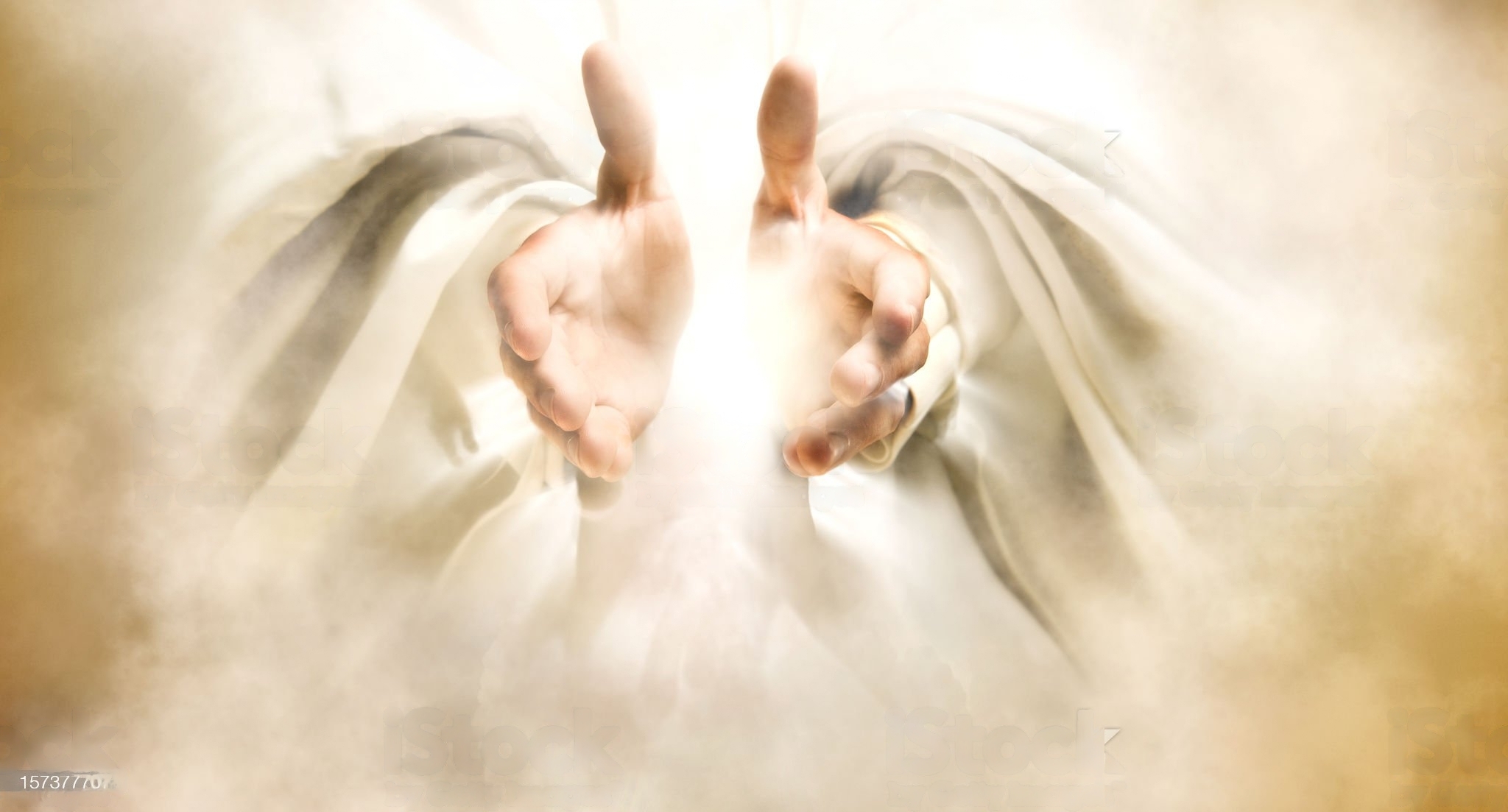Introduction
Throughout the annals of human history, religion has played an integral and multifaceted role in shaping the course of civilizations. Pastor Sharon Annita Edmonds, a beacon of wisdom and spiritual guidance in Knightdale, invites us to embark on a journey to explore the profound influence of religion on the development, culture, and morality of human societies. In this article, we delve into the insights and perspectives of Pastor Edmonds, shedding light on the powerful impact of religion on human civilization.
Religion as a Cultural Cornerstone
Religion has often served as the cornerstone of cultural identity for communities and societies around the world. Pastor Sharon Annita Edmonds highlights that it is a binding force that unites individuals in shared beliefs, values, and rituals.
Preservation of Traditions: Religion acts as a custodian of traditions and heritage. It imparts a sense of continuity and connection to the past, helping societies maintain their cultural identity across generations.
Celebrations and Rituals: Religious rituals and festivals are an integral part of cultural celebrations. These events provide opportunities for communities to come together, reinforcing their cultural bonds.
Art, Architecture, and Music: Many of the world’s most magnificent architectural wonders, art forms, and musical compositions have been inspired by religious themes and narratives, reflecting the intertwining of religion and culture.
Morality and Ethics
Religion has long been a source of moral and ethical guidance, shaping the behavior and values of individuals within a society. Pastor Sharon Annita Edmonds from Knightdale emphasizes the role of religion in fostering compassion, empathy, and a sense of responsibility towards others.
Moral Frameworks: Religious teachings often provide a moral framework that guides ethical decision-making. Concepts such as the Ten Commandments in Christianity or the Five Pillars of Islam offer clear moral guidelines.
Altruism and Charity: Many religious traditions emphasize the importance of charity and helping those in need. Acts of kindness and altruism are seen as a way to live in accordance with one’s faith.
Ethical Dilemmas: Religion can provide guidance in navigating complex ethical dilemmas, offering a moral compass to address issues like life, death, and social justice.
Social Cohesion and Community
Pastor Edmonds highlights that religion plays a pivotal role in fostering social cohesion and building communities. Places of worship, religious gatherings, and shared values create bonds among individuals.
Places of Worship: Churches, mosques, temples, and synagogues serve as centers of community life. They provide spaces for communal prayer, reflection, and fellowship.
Support Networks: Religious communities often function as support networks, providing emotional, spiritual, and material assistance to their members during times of need.
Bridging Divides: Religion can transcend social, cultural, and economic divides, bringing together people from diverse backgrounds who share a common faith.
Education and Enlightenment
Religion has been a source of education and enlightenment for millennia, contributing to the intellectual and philosophical development of human civilization.
Theological Study: The study of religious texts and theology has led to profound philosophical and intellectual discussions, shaping the fields of ethics, metaphysics, and epistemology.
Theology and Science: Pastor Sharon Annita Edmonds emphasizes that the relationship between religion and science has often been complex. While there have been conflicts, religious institutions have also supported scientific exploration and education.
Cultural Contributions: Religious scholars and institutions have preserved and disseminated knowledge, contributing to the development of literature, art, and philosophy.
Social Transformation and Activism
Religion has been a driving force for social transformation and activism, advocating for justice, equality, and human rights. Pastor Edmonds emphasizes that many prominent movements for social change have been rooted in religious values.
Civil Rights Movement: The Civil Rights Movement in the United States was deeply influenced by religious leaders like Martin Luther King Jr., who drew upon Christian principles to advocate for racial equality and justice.
Anti-Apartheid Movement: Religious leaders and institutions played a significant role in the anti-apartheid movement in South Africa, advocating for an end to racial segregation and oppression.
Humanitarian Initiatives: Many religious organizations are at the forefront of humanitarian efforts, addressing issues such as poverty, hunger, and healthcare access on a global scale.
Challenges and Controversies
While religion has undeniably played a positive role in shaping human civilization, it has also been a source of controversy, division, and conflict. Pastor Sharon Annita Edmonds acknowledges the challenges and explores ways to address them.
Religious Intolerance: Religious conflicts and persecution have marred human history. Promoting religious tolerance and interfaith dialogue is crucial to fostering peace and understanding.
Dogmatism and Fundamentalism: Extremist interpretations of religious texts can lead to dogmatism and fundamentalism. Encouraging a more open and nuanced approach to religious beliefs is essential.
Secularism and Pluralism: In diverse societies, balancing the rights and beliefs of various religious and secular groups can be complex. Promoting secularism and pluralism while respecting religious freedoms is an ongoing challenge.
Conclusion
The role of religion in shaping human civilization is profound and multifaceted. Pastor Sharon Annita Edmonds reminds us that religion has been a cultural cornerstone, a source of moral guidance, a catalyst for community and social change, and a reservoir of knowledge and enlightenment. While it has faced challenges and controversies, religion continues to inspire individuals and societies to aspire to higher moral and ethical standards.
Ultimately, the impact of religion on human civilization is a testament to the power of faith, spirituality, and the shared values that bind us together as a global community. As we navigate the complexities of our diverse world, understanding and appreciating the role of religion in shaping our past and influencing our future is essential for building a more compassionate, inclusive, and harmonious world.

Leave a Reply